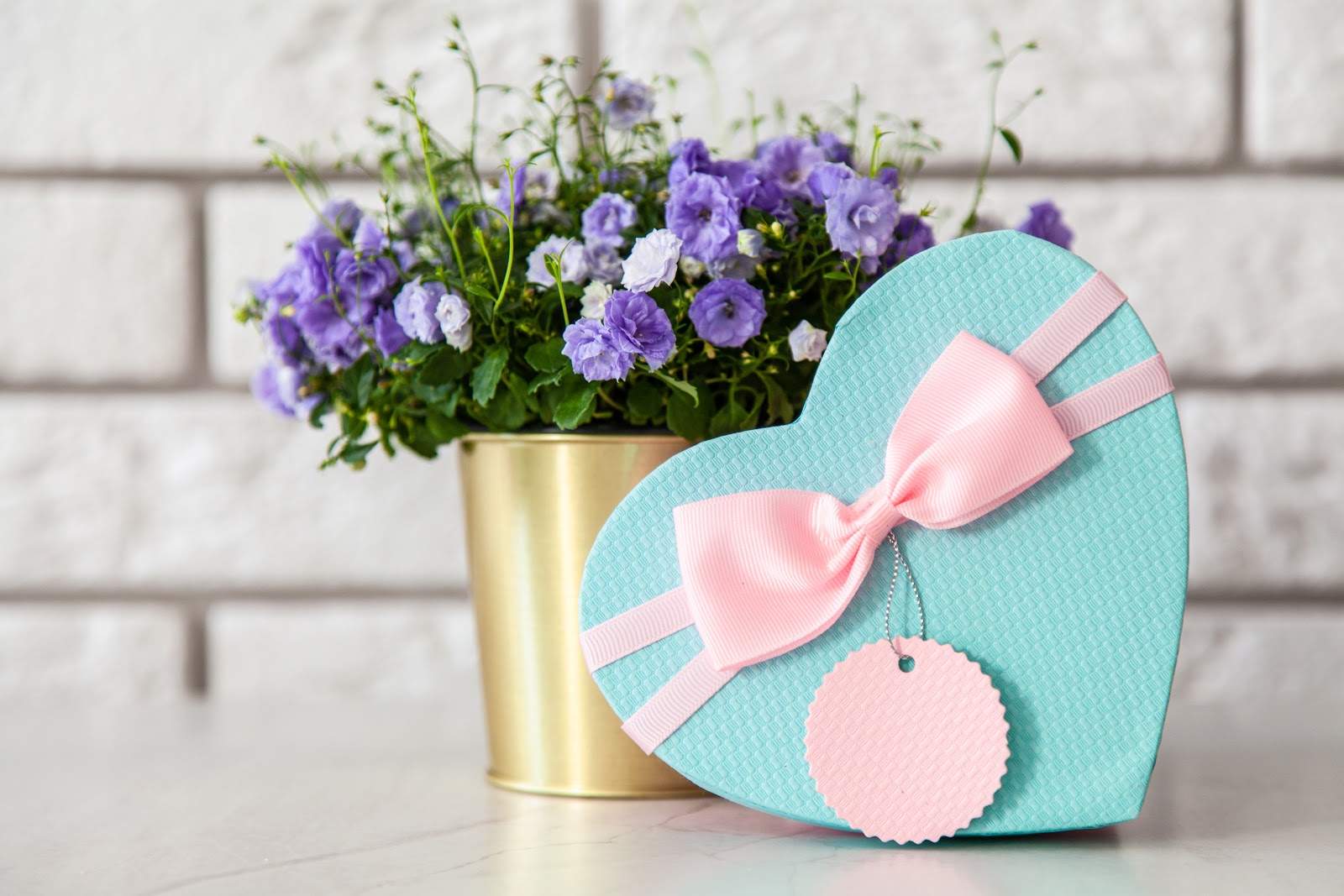- E-R 9.00–17.00
- +372 730 3570
- +372 502 5106
- mpreklaam@mpreklaam.ee
- Aleksandri 53, Tartu.

How to pick a present?
Business gifts hold a great importance for many companies and organisations in delivering their marketing message. Allegedly the use of marketing items already started in the 18th century, when George Washington prepared special badges to promote his election campaign.
The concepts 'advertising or business gift' are not always quite clear. There are many products with company brand (like sports wear and pens with logos), which rather help to emphasize the corporate identity or company's values. In these cases, the products serve their purpose.
The items do not become presents depending on their price or the logo that it printed on them. Present is a present because of the story that comes with it. Either the product tells a story or the story comes from the message printed on the product. Stories may also come from how the presents were delivered.
When purchasing a potential present, it should be considered whether the product characterizes your organisation or company. Marketing items should match the service and products that you offer. As an example, for a travel agency, the perfect present would be a suitcase, torch or a compass. Likewise, the colours that are presented on your company logo, should be preferred, so that the receiver can associate the present with your identity.
In case the presents are not related to a specialist campaign, but rather for having a present there for every occasion, it would be wise to order three different types of items: something exclusive, some universal items from an average price range and multiple amount of much smaller and cheaper products.
The popularity of a presents changes according to seasons: during spring and summer, many T-shirts and caps are ordered, during autumn and winter, capes, jackets, fleeces, scarves and thermo-cups are the the items in demand. Throughout times mugs, pens and reflectors have been the most popular items. Relatively recently, USB sticks and multi-functional pocket knives have joined the list.
Subsequently we'll be describing five important aspects, which should be kept in mind and will undoubtedly make the process of choosing a gift much easier for you.
1. The objective of the gift
First of all you should think through why you need a gift - which message should it deliver? Should the gift reward a school starter or a graduate? Is it related to an occasion (i.e. Christmas and birthdays) or is it to express your gratitude? As mentioned, a business gift can be a marketing tool when organising a larger campaign or going on a business fair.
2. Gift receiver or the target group
Who will be the receiver of the gift? Is it for a company or for an individual? Is it for the director or a specialist? Man or a woman? Customer or a business partner? If it is a personal gift, then what do you think would make this person happy? Does this person already receive a lot of gifts? Usually for people in higher positions, the gifts tend to be of higher value, which also could be slightly more personal - for a golf fan an office golf kit or for a hunter a thermos to take along to the forest.
3. The Budget
Consider the budget that you've got available for the present. It is clear, that at a business fair, it is wiser to give out higher amount of cheaper items. Exclusive gifts should however be made less frequently. Despite this fact, it is always cheaper to order more in one go rather than little quantities from time to time.
4. The price of making a gift and it's real value
We do not recommend choosing the cheapest option around and also, the gift shouldn't necessarily be chosen depending on the price. What should be most important is the value of the gift to the receiver. The quality and the value of the gift expresses your attitude towards the receiver of the gift, but also yourself.
5. Time management for purchasing a gift
Of course the earlier one starts planning the better! More forward-thinking customers already make their orders for Christmas at the end of September or beginning of October, because making a choice, deliver, engraving and wrapping might take a few weeks. Likewise, the choice of products decreases rapidly before times like Christmas as the whole of Europe orders it's goods from the same warehouses.
Most sold business gifts and where they're mostly used
- Stationery, i.e. pens, pencils, highlighters – business fairs, advertising campaigns, carriers of corporate identity
- USB sticks – education and IT institutions, business fairs, presentations
- Coffee mugs, thermo-cups, glasses – universal gift for everyone in every industry
- Textile products – t-shirts, shirts, jackets, work events, carriers of corporate identity
- Reflectors, key chains, umbrellas – gifts for clients and other target audience
- Everyday electronic equipment – various clocks, mobile chargers – gifts for business partners, thank you presents for graduates, prizes
- Wine accessories – presents for foreign visitors, business partners
- Folios, bags – gifts for conference visitors, prizes for sport events
 Eesti
Eesti 


